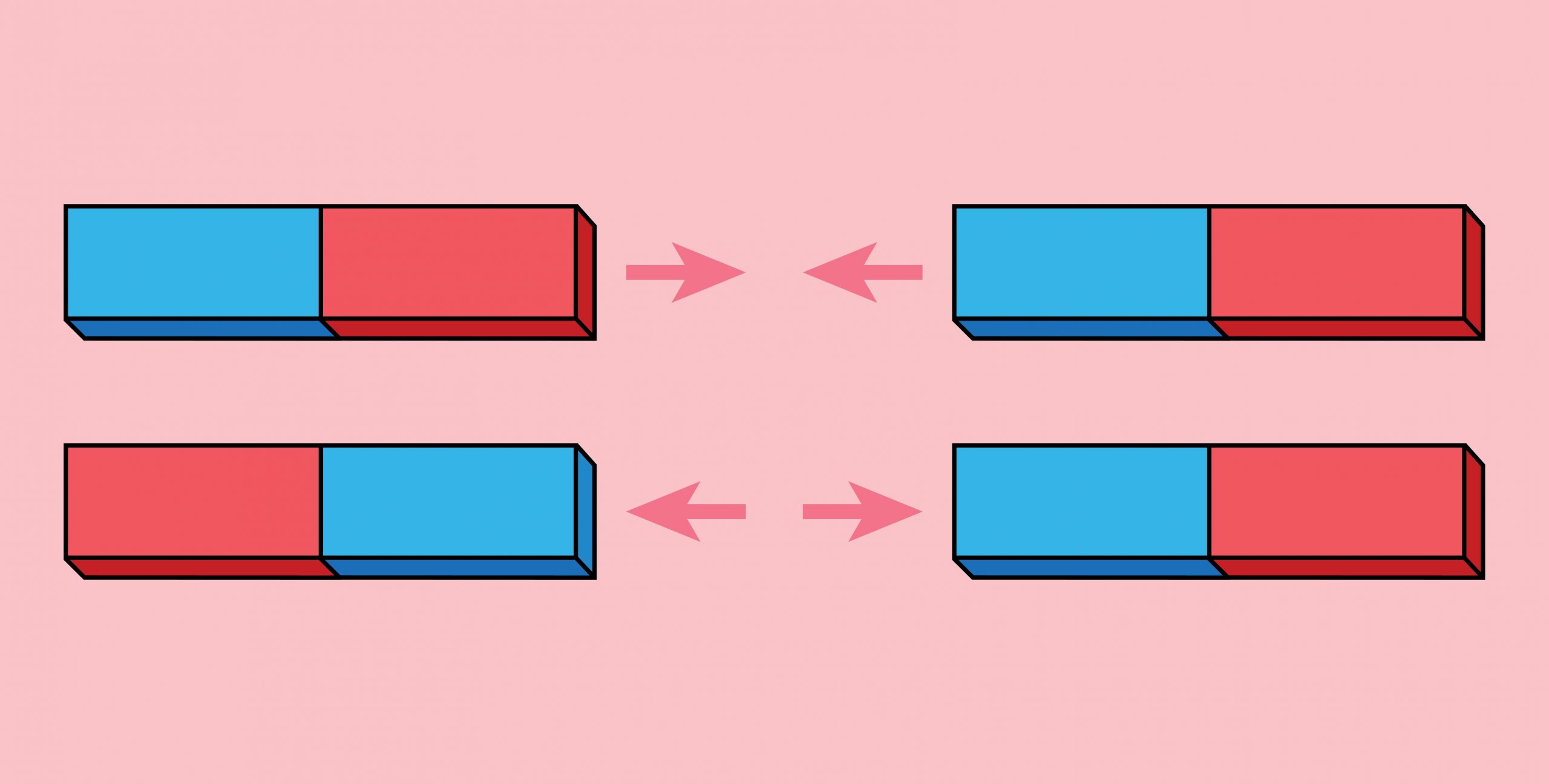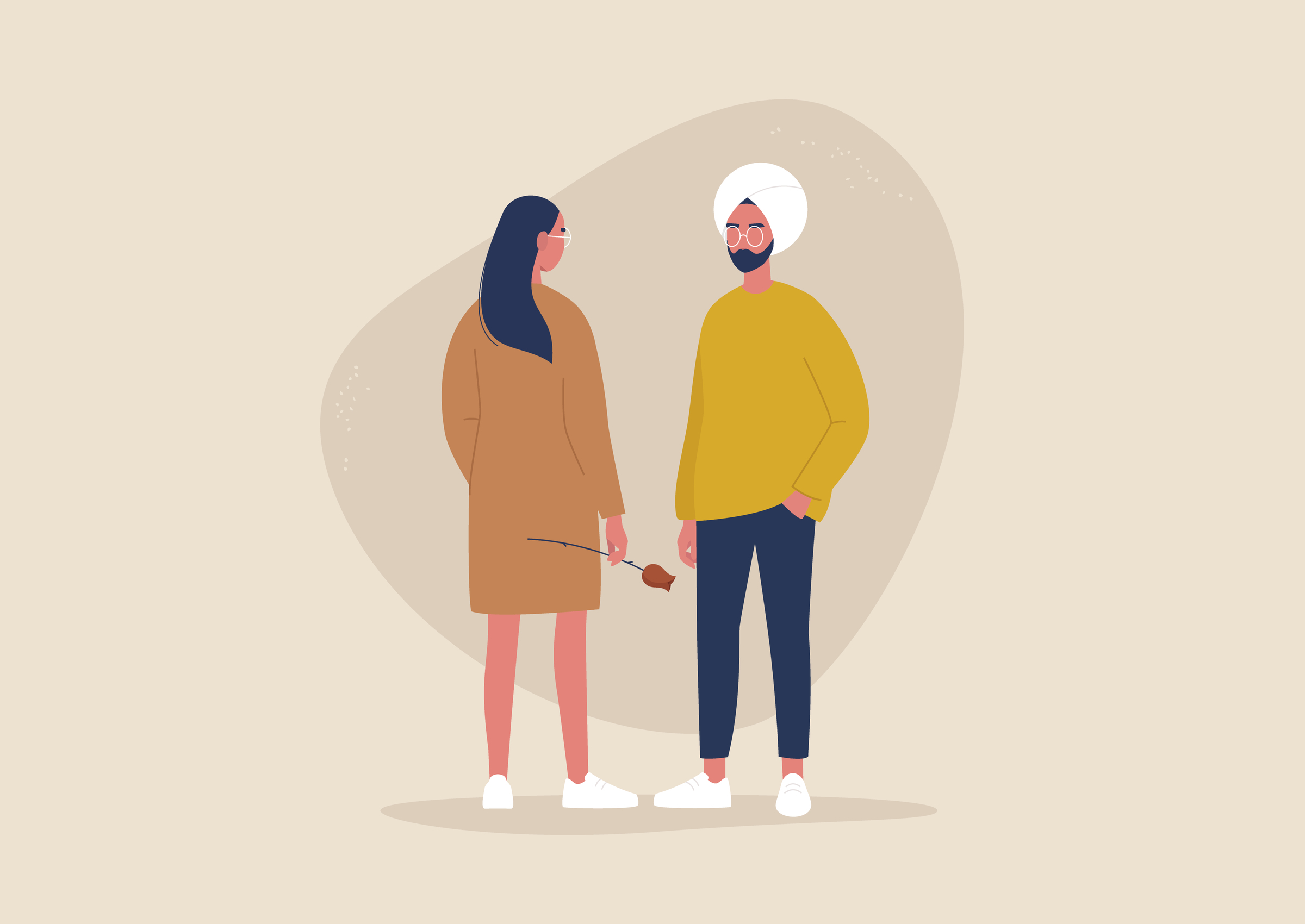If you are still happily co-living with your partner for many decades, perhaps you’ve introspected on the game-changing factors that have contributed to the success of your relationship/marriage. And while it takes constant and consistent effort for any relationship to survive let alone thrive, there are some fundamental aspects that could play a big role in successful relationships.
A pivotal question in your intimate and close relationships is — are your core values agreeably aligned or are they as opposed as the North and South poles?
We have long lived by the adage ‘opposites attract’ – the introvert will fall for the extrovert, the good girl for the ‘goonda’. This ‘Beauty and the Beast’ belief is fuelled by culture, inspired by cinema and books, and has been lodged in our collective sentiment for countless years.
Research indicates like-minded people thrive
Opinions can vary on this debate depending on one’s personal experiences and mindset. While many people are quick to agree that opposites attract, and may even jump to an example in their own life, studies have indicated otherwise. The research states that it’s pretty clear that opposing views clash soon enough; validating that couples who have shared interests, temperaments, tend to date and marry more, and stay married long-term.
Indeed, various studies have shown friends and romantic partners tend to share core beliefs, traits, values and hobbies, despite having different personalities. Matchmaking in India reiterates the concept of similar coupling; choosing identical caste, community, religion, traditions, tick mark the priority requirements before taking a further step to shortlist prospects.
Opposites repel – particularly around views and values – that’s what scientific evidence has proved. And, in an increasingly polarised social, political and cultural climate in countries across the world, it’s possible that we’re even less likely to fall for, or be seriously committed to, and oftentimes befriend someone who thinks very differently to us.
Factors like social media and dating apps indicate it’s becoming significantly easier for daters to jump into ‘boxes’ of like-minded others, leaving the idea of ‘opposites attract’ more outdated than ever.

How did “opposites attract” originate in our relationships?
It’s difficult to exactly pinpoint the origin of the saying ‘opposites attract’, but American sociologist Robert F Winch suggested it back in 1954, in his thesis published by the American Sociological Review. His research, “The Theory Of Complementary Needs In Mate Selection” – was rooted in the idea that people sought out partners who had certain qualities they lacked (like the introvert choosing the extrovert, perhaps as a way for the introvert to benefit from the extrovert’s social influence). Arguably, Winch’s study was based on American culture in the 1950’s assuming that most couples married for love.
Close on the heels of Winch’s research, another US-based social psychology researcher, Donn Byrne, challenged this “opposites attract” hypothesis. In his own paper. Byrne hypothesised that “a stranger who is known to have attitudes similar to those of the subject is better liked than a stranger with attitudes dissimilar to those of the subject [and] is judged to be more intelligent, better informed, more moral, and better adjusted.”
In her latest study, Angel Bahns, associate psychology professor at Wellesley College, US who has spent years studying and identifying the factors that influence friendship and relationship choices indicates —“There’s been really strong, widespread evidence for similarity attraction.”
She observed that similarity in couples was statistically very significant on “86% of variables measured”, including attitudes, values, recreational activities and substance use. More specifically, pairs of friends and romantic partners matched closely on daily living attitudes regarding LBGQT rights marriage, the government’s diktat over citizens’ lives and the importance of religion, to name just a few.
Bahn’s study could lead to a fundamental change in understanding relationship formation—and it sounds a warning for the idea that couples mistakenly think that they can change each other over time.

There are plenty of reasons why it may seem like opposites attract. Superficial differences may mistakenly allow for people to appear more opposed than they actually are. A “tech guy” and “an artist”, for example, may look like an antithetical couple, – but “their core values, whether that’s around family or political views,” would likely be similar.
Another viewpoint suggests though the introvert and the extrovert may be differing personality types; they find mutual attraction and long-term success because their fundamental life goals align.
The above research by American psychologists is based on socio-cultural values in the US, but holds its weight in India as well. Whether back in our day, or currently, a majority of Indian couples too, bank on the similarity and agreement in many fundamental aspects of life (caste, social status, education, belief to mention a few), when it comes to choosing a partner.
Are couple with opposing views doomed?
This isn’t an aim to broadly paint a dismal picture that people with polarised values and views won’t find success together; it happens, of course, and there can be benefits to disagreement – or even fundamental opposition – in couples.
The psychology of humans greatly differs and relationships and marriages are known to thrive against all norms and research.
Actors Arshad Warsi and Maria Goretti swear on their differences that have kept their bond strong through twenty five years of marriage. “Maria and I are poles apart,” Warsi told the Bombay Times. We are completely different people and this is where our magic lies.” He adds, “She’s hyper and I am calm. She is practical and I go where life takes me. Her madness, my calmness— all put together is just fine. I think that’s what works for us; it’s exciting and we love it!”
Bahns says, “We know that people pick similar people at first, but if you go out of your way you can find excellent friends, and meaningful relationships, with people who are different.”
Such dissimilar friends didn’t necessarily blend their points-of-view over time, her study showed. “Anything that disrupts the harmony of the relationship—such as areas of disagreement, especially on attitudes, values, or preferences that are important—is likely to persist,” said Bahns. She added this could be a “cautionary message” for those who think they can change their friends or romantic partners: “Change is difficult and unlikely; it’s easier to select people who are compatible with your needs and goals from the beginning.”

Dating apps encourage seeking similar partners
Today, the online networks and sites many people use to find friends, dates and, ultimately, love are all nudging us towards people who seem to think similarly to us. That’s not all bad – the plethora of data showing the high percentage of couples who share views and values suggests it’s a good indicator of a lasting relationship.
So what’s the verdict?
There are downsides too; if we only befriend, date and marry people who think just like us, we’re less likely to have the kind of conversations opposite minded friends and couples have with their partners – the debates that challenge our assumptions, expose us to out-of- the-box thinking, and open our eyes to different world views.
Yet, given widespread polarisation, the prevalence and power of technology today – and the fact that traditionally opposites didn’t exactly attract to begin with – the adage may well be on its way to obsolescence.




